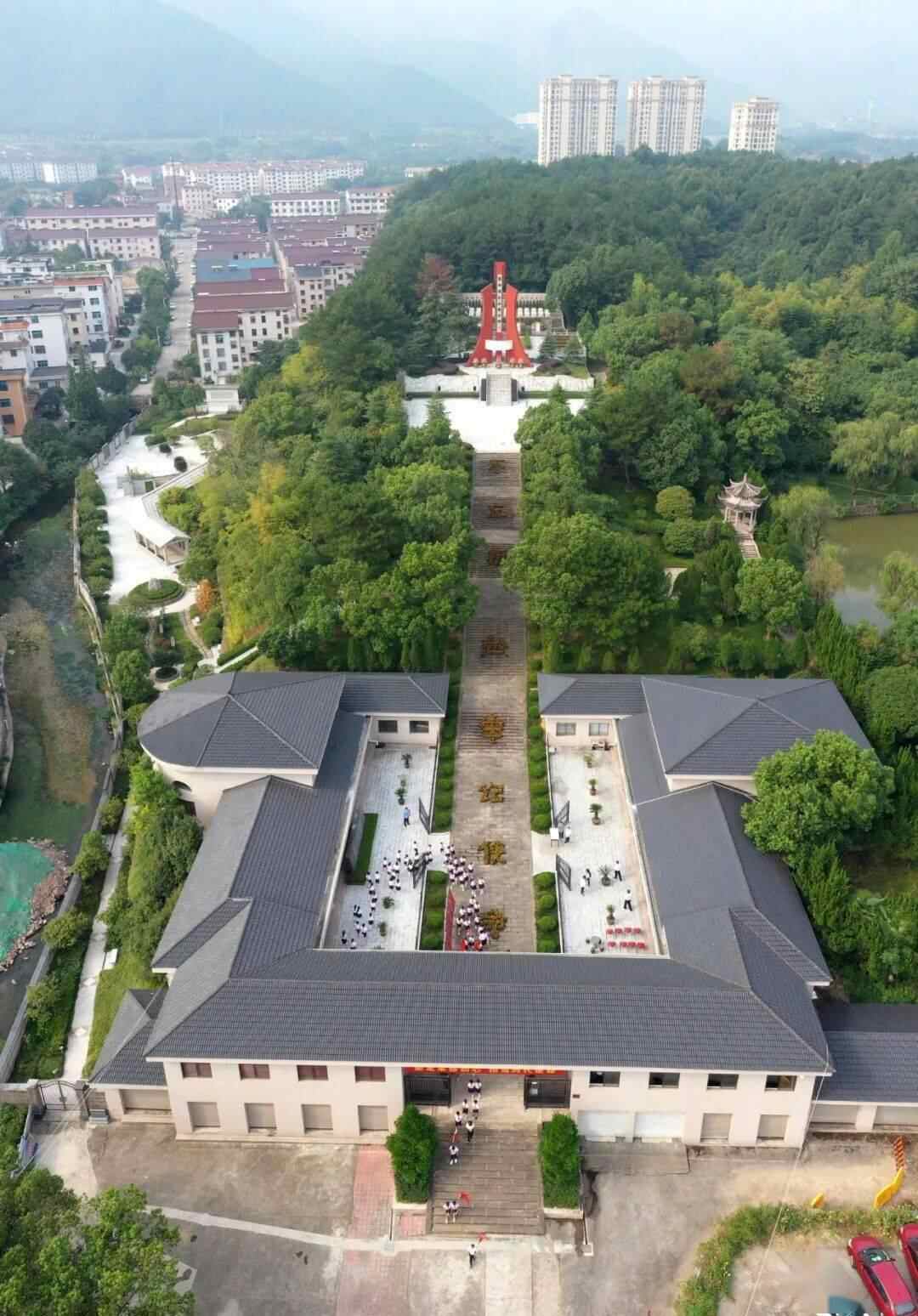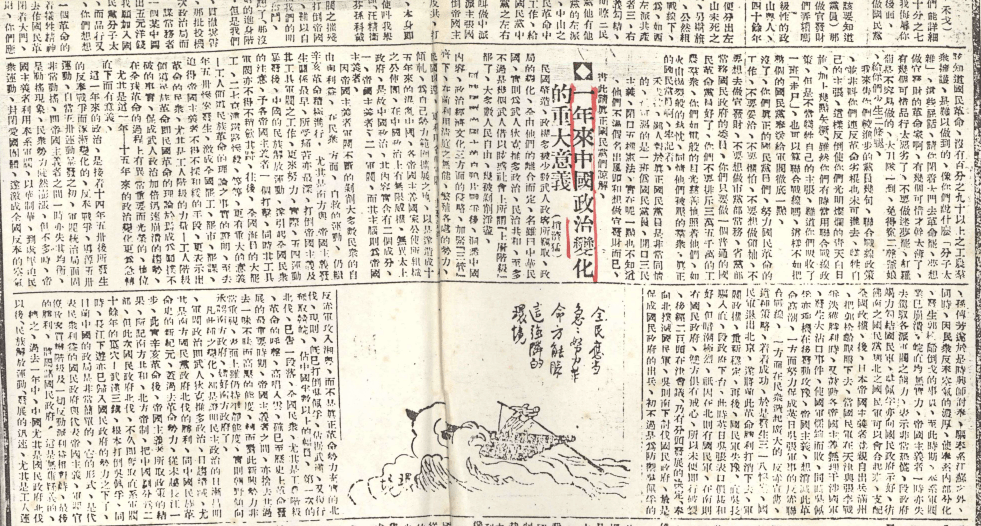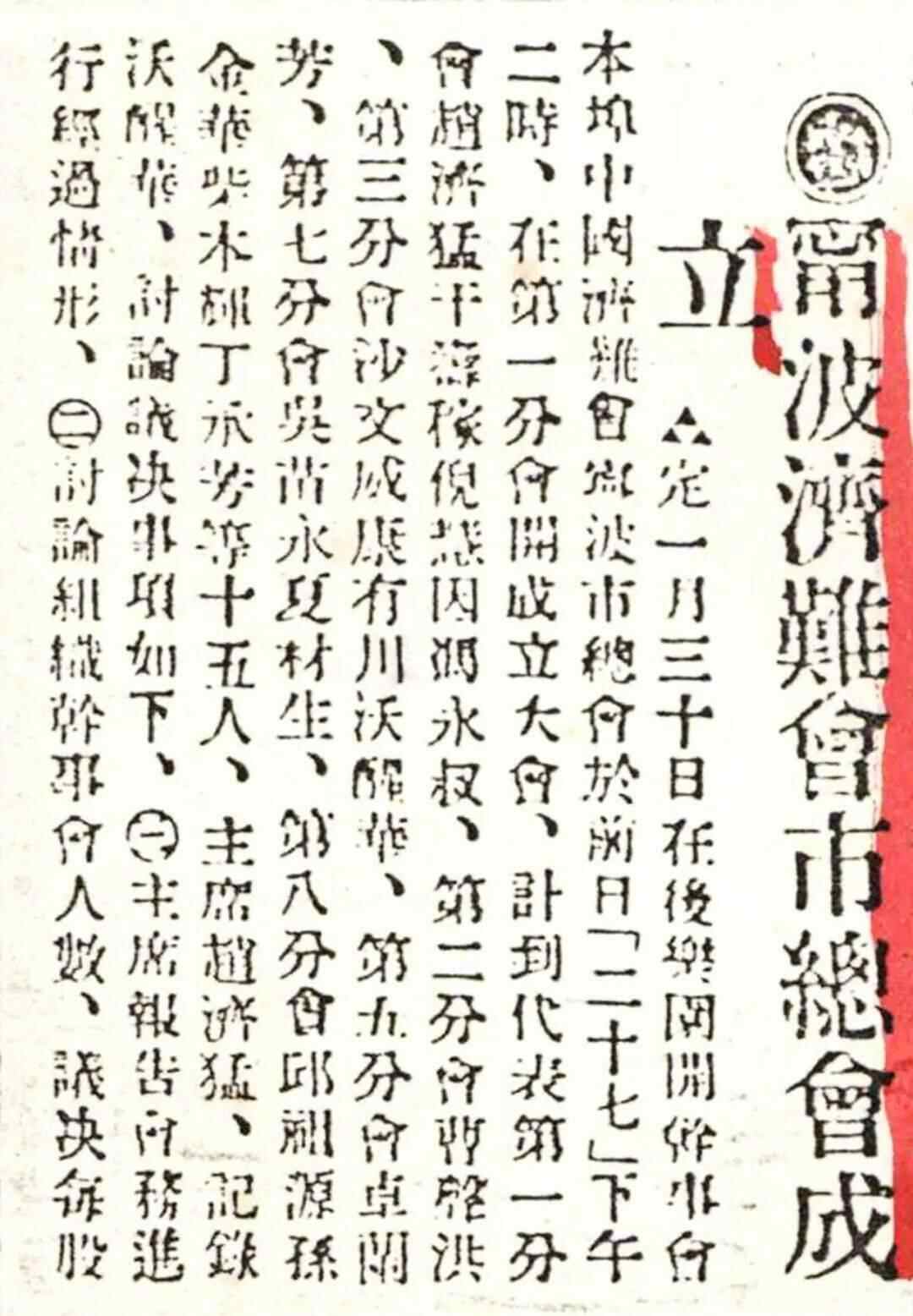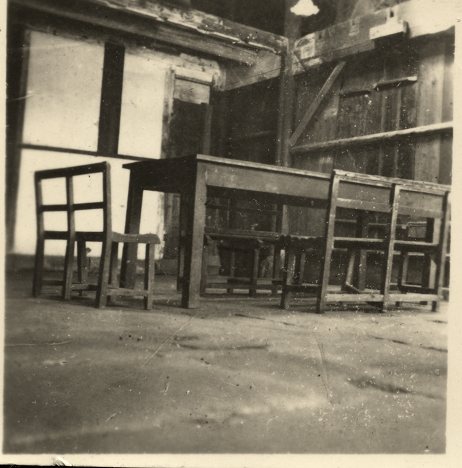The fire that starts from the prairie fire starts from the glimmer of light.
At the end of the bustling streets and alleys in Dongyang, a white granite four-pillar archway stands quietly, with six big characters carved on it: Revolutionary Martyrs Cemetery.
Hidden behind the monument is a deep place with green pines and cypresses and green grass, and gray-white tombstones have already seen traces of being polished by time in the long river of history, as if telling the revolutionary storm of the past.

Dongyang Revolutionary Martyrs Cemetery, where Zhao Jimeng was buried.Cinema
People are coming from the Provincial Party Committee
After the April 12th” counter-revolutionary coup in 1927, the first cooperation between the Kuomintang and the Communist Party was declared broken.CinemaThe whole country was shrouded in a white terror, and the focus of the whole party’s work was href=”https://comicmov.com/”>Babaylan began to turn from the city to the countryside. In June of that year, after the establishment of the Zhejiang Provincial Committee of the Communist Party of China, the first to focus on the restoration and development of the organization. It was that summer that Zhao Jimeng, who was then a member of the Zhejiang Provincial Committee of the Communist Party of China (later member of the Standing Committee) and director of the Propaganda Department, secretly sneaked back to his hometown Dongyang. He contacted the Dongyang Party members who returned from Wuhan, Shanghai and other places, and conveyed to them the spirit of the Five CPC National Congress and the establishment of the Zhejiang Provincial Committee of the Communist Party of China to them.
In June, in a seemingly inconspicuous house in Dongyang County, under the leadership of Zhao Jimeng, a meeting to change the fate of Dongyang was quietly held in a seemingly inconspicuous house in East Chengdong Street, Dongyang County. Hu Alin and 5 other members of the Communist Party of China formed the history of Dongyang.The first Communist Party organization on Cinema—the Independent Branch of the Communist Party of China, which is directly under the leadership of the Zhejiang Provincial Party Committee. This seemed like a spark, accompanied by the fragrant wind of early summer, ignited the revolutionary passion of Dongyang.
In early October, he returned to Dongyang to convey the spirit of the Central Committee’s “August 7” Conference, analyzing that Dongyang’s industrial backwardness and few industrial workers, and instructed to focus on the main energy in the countryside, and prepare for a peasant riot.
The Communist Party of China within the Kuomintang was a member of the Cinema Party. Zhao Jimeng, who sowed the seeds of prairie fire for the Dongyang Revolution. He was only 23 years old at the time. He participated in the revolution for many years and was the initiator of several progressive organizations. He served as secretary of the Ningbo Prefectural Committee of the Youth League, secretary of the Ningbo Prefectural Committee of the Communist Party of China, member of the Zhejiang Provincial Party Committee, member of the Standing Committee, and director of the Propaganda Department. According to the organizational arrangements, Zhao Jimeng also joined the Kuomintang. His special identity created good conditions for expanding the Communist Party’s ranks.

In 1927, Zhao Jimeng published an article in the Current Affairs Communiqué “The Significance of Political Changes in China in the Over the Year of the Year”
February 1927<a On the 19th, the Northern Expedition Army advanced to Ningbo, and Zhao Ji was appointed as the Ningmen Political Commissioner of the Kuomintang. Through this special identity, he publicly came forward to extensive contact with upper-class figures from all walks of life and maintained close contact, thereby strengthening the strength of the joint front of the National Revolution. He led the reorganization of the Kuomintang organization, and produced the Ningbo Municipal Party Committee of the Communist Party of China with Komiks as the core of leadership, and established and rectified the party departments of each county so that the leadership was in the hands of the Communist Party and the leftists of the Kuomintang. The Municipal Party Committee established the "Ningbo City Provisional Government" and the "Ningbo City Federation of All Circles" and carried out a series of political reforms of Cinema. While carrying out revolutions in Ningbo, Shanghai and other places, he often timely informed his fellow villagers and friends in Dongyang about his thoughts, the political situation in Ningbo, Shanghai and even the whole country. He also brought party publications such as the Provincial Party Committee Newsletter back to Dongyang, mobilized mass gatherings, and promptly conveyed the Party’s instructions to promote the Party’s propositions and expand the Party’s influence.

Zhao Jimeng participated in the advanced Cinema activities in Ningbo
The main objects of custody
In October 1927, the party was influenced by the blind “left” dynamism. href=”https://comicmov.com/”>Babaylan, the Zhejiang Provincial Party Committee decided to organize a workers’ riot. Because the “Red Terrorist Group” was destroyed, the enemy searched the rosters and mailing addresses of the entire province, and searched for Communist Party members on a large scale. The provincial party committee and Komiks organizations were destroyed. Zhao Jimeng unfortunately fell into the clutches of the devil because of the betrayal of the traitor.

Zhao Jimeng’s former site of his activity in Ningbo. Peiying Girls’ School Backyard
As the “primary object of supervision” of the Kuomintang, Zhao Jimeng received extraordinary “special treatment”. He Yingqin, chairman of the Zhejiang Provincial Committee of the Kuomintang, personally ordered: “We must be carefully interrogated and investigated according to the law.” The authorities organized the “Babaylan Special Court” to use all kinds of despicable means such as threats, temptations, torture and torture, in an attempt to get the secrets of our party from him. Facing the enemy’s tyranny, Zhao Ji looked at him fiercely without giving up a word. On that cold morning on January 9, 1928, after several days and nights of loneliness and coldness, Zhao Jimeng bravely died outside Qiantang Gate, the execution ground of Hangzhou Army Prison. January 30The 15th issue of the official newspaper of the CPC Central Committee, “Bulsevik”, published a signed condolence article, highly praised Zhao Jimeng: “It is an effort to implement the military riots of the workers and peasants, seize power and establish the Soviet government.” His death “is a major loss within the Zhejiang Party and on the Zhejiang workers and peasants’ front.”
“The magnificent mountains and rivers are exchanged for their passion and blood, and the magnificent pride of the heroes is gone.” What passes away is the smoke of gunpowder, and what is immortal is the spirit. As time goes by, this revolutionary spirit that has been passed down to this day is still accumulated in the blood of Dongyang ancestors.
Looking back at the war years in a silent place, I hope we will never forget the way we come and will not forget the burden on our shoulders.
Give up your past and live up to the future.